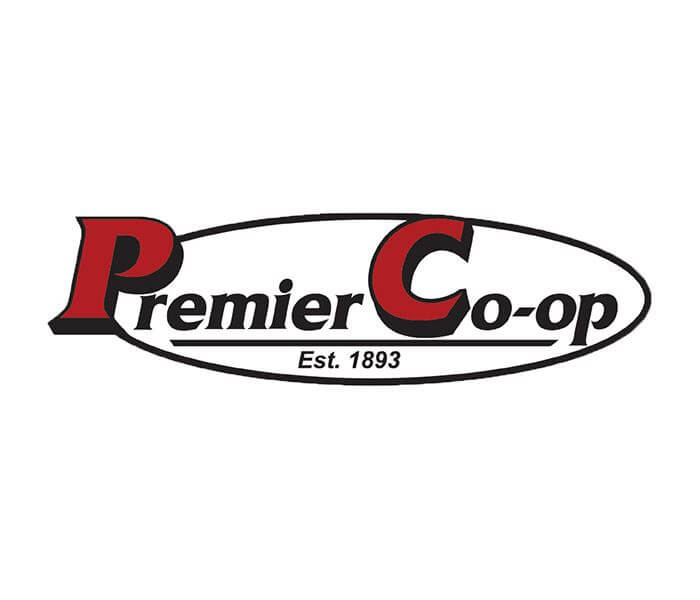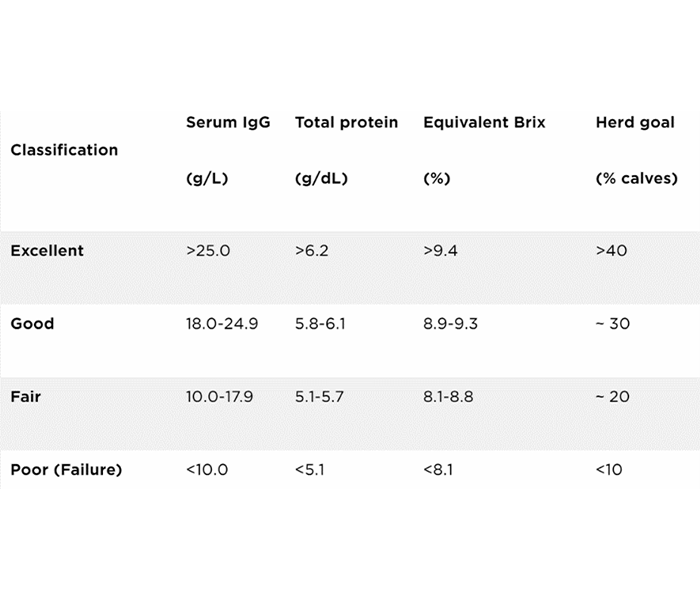Calves enter a world filled with bacteria, viruses, and parasites. These organisms can make them sick or even lead to death. It is a common belief that dairy calves are immunodeficient or immune compromised at birth, but according to veterinarian Amelia Woolums, that is not the case “A calf has a fully functioning immune system the day that it is born,” said the Mississippi State University professor during a Hoard’s Dairyman webinar earlier this year.
Although, there are factors that influence how well a calf’s immune system will work. The dam’s health and nutrition and the calf’s genetic make-up and temperament play a role. Colostrum quality and handling, and then what a calf is fed after that, affect immunity, as do details like housing, stocking density, cleanliness, and temperature extremes.
Although it’s functional, a young calf’s immune system is immature. It reacts slower and weaker than the immune system of an older animal. Colostrum is nature’s solution to this problem,” Woolums stated. “I love talking about vaccination, but I do not think you can overcome real problems with inadequate colostrum intake with vaccination.”
She noted that multiple research trials show that calves without adequate colostrum are more likely to get sick, are more likely to die, and are less likely to reach their potential. Therefore, “Adequate colostrum intake is critical to calf health,” Woolums asserted.
For years, the industry emphasized the need to provide adequate colostrum intake, but new research shows that important health gains are made when calves receive excellent quality colostrum, Woolums explained. Because of this research, new colostrum recommendations were released a few years ago and are shown in the table. “There are important gains in health, less treatment for disease, and greater weight gain if we have more calves with excellent passive transfer.”
“We know that excellent transfer of passive immunity can improve health even more than adequate transfer,” Woolums said. “If aiming for excellent passive transfer, there is clearly room for improvement on many operations.” A National Animal Health Monitoring System (NAHMS) study sampled 1,623 heifers in 14 states. The results showed that about 40% of calves had either fair or poor blood antibody concentrations after colostrum feeding.
Adult immune responses are present in dairy cattle by 5 to 8 months of age. Until then, it is up to us to help bolster that immune system through colostrum, vaccination, and effective management strategies.
Please contact your local Premier Cooperative nutritionist today to help you evaluate your current colostrum & passive transfer program!
Heather Downing
Dairy Nutritionist




